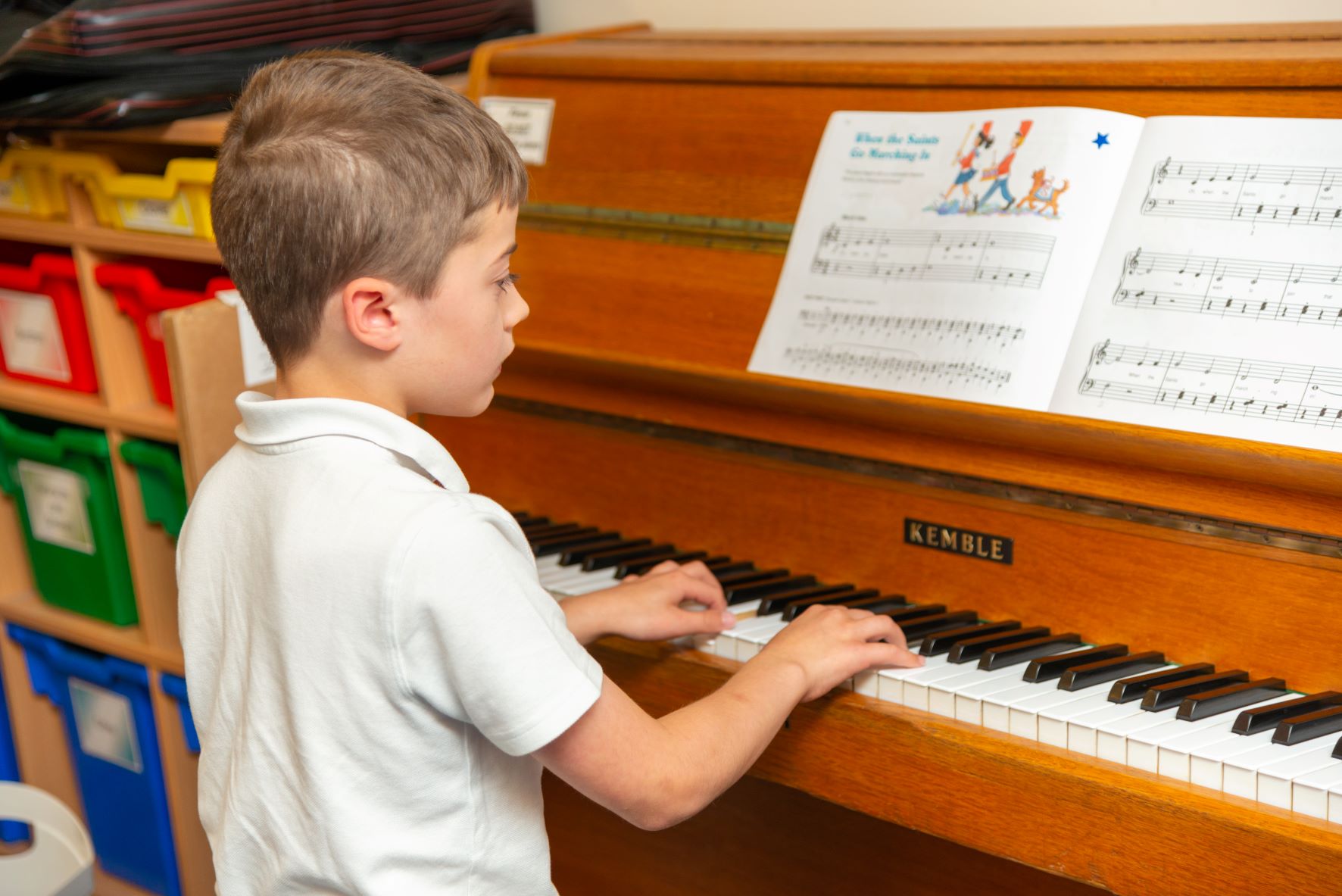Raising a Concern
If you have any concerns, please contact the School Office on 01480 475 972 or email: office@crosshalljunior.co.uk
The Office will then pass your concerns to the class teacher who will contact you to discuss your concerns.
Definition
At our school, we define bullying as:
‘Emotionally or physically harmful behaviour which is:
- repetitive, willful or persistent;
- intentionally harmful, carried out by an individual or a group;
- based on an imbalance of power leaving the person who is bullied feeling defenceless.’
Forms of Bullying
Bullying can take the following forms:
- physical;
- verbal;
- electronic / ‘online bullying’;
- indirect – (by having nasty stories told about then; being left out, ignored or excluded from groups).
How we Promote an Anti-Bullying Culture in our School
- We take part in Anti-Bullying Week each November.
- We have an active Anti-Bullying Council (with a representative from each of our 16 classes) who meet once a week and work together to help raise awareness of the anti-bullying culture in our school.
- Our Anti-Bullying Council has written a Children's version of our Anti-Bullying Policy.
- Our Anti-Bullying Council write a termly newsletter to children and parents to keep them informed of the work they are doing.
- We have a Friendship Bench where children, who are feeling upset and alone, can sit to signal to our Anti-Bullying Council and Peer Mediators that they are in need of help, support and a friendly face
- We promote a healthy, safe and caring environment for all pupils and staff.
- We provide a broad and balanced curriculum for all our pupils, having considered gender, ability, ethnicity, religion and culture.
- We promote pupils’ self-esteem and emotional wellbeing and help them to form and maintain worthwhile and satisfying relationships, based on respect for themselves and for others, at home, school, work and in the community.
- We prepare our pupils to confidently meet the challenges of adult life.
- We provide sufficient information and support to enable our pupils to make safe choices.
- Through an enriched curriculum, we provide pupils with opportunities to develop the necessary skills to manage their lives effectively.
- We help our pupils to learn to respect themselves and others and move safely from childhood, through adolescence, into adulthood.
- We create a wider awareness of religious, cultural and moral values within a Christian framework and respect for different ethnic groups, religious beliefs and ways of life.
- We promote an inclusive ethos and a culture of mutual respect where diversity and difference are recognised, appreciated and celebrated.
Responding to Incidents of Bullying
The school has an agreed procedure for responding consistently to incidents or allegations of bullying. At our school, all children are encouraged to report incidents of bullying whether they have been bullied or have witnessed bullying. When a child reports bullying, the school will acknowledge his/her concerns and the incident will be taken seriously. Incidents of bullying reported by parents or witnesses are treated in the same manner and will always lead to a conversation with the targeted child. Parents should initially report their concerns to their child’s class teacher and the school will then investigate the incident and decide on an appropriate course of action.
A Restorative Approach
Where appropriate, and in most cases of bullying, the school will initially consider the use of a Restorative Approach to resolve the situation. A Restorative Approach involves perpetrators of bullying, focusing on their unacceptable behaviour in an emotionally intelligent way and ensures children causing harm are held to account for their behaviour by enabling them to:
- accept responsibility for the harm caused to the individual being bullied;
- accept responsibility for the harm caused to others (for example friends or family);
- recognise the need to take action to begin to repair the harm caused;
- agree a range of helpful actions to repair the harm caused, which will be monitored over an agreed period of time.
Working with Parents/Carers
Where the school has become aware of a bullying situation, parents/carers of the child/young person who is being bullied will be informed. Parents/carers will be contacted and may be invited to the school to discuss their child’s situation. The school will endeavour to involve parents/carers of children who have been bullied constructively at an early stage to support the process of working together to find ways of resolving the situation and bringing about reconciliation.





